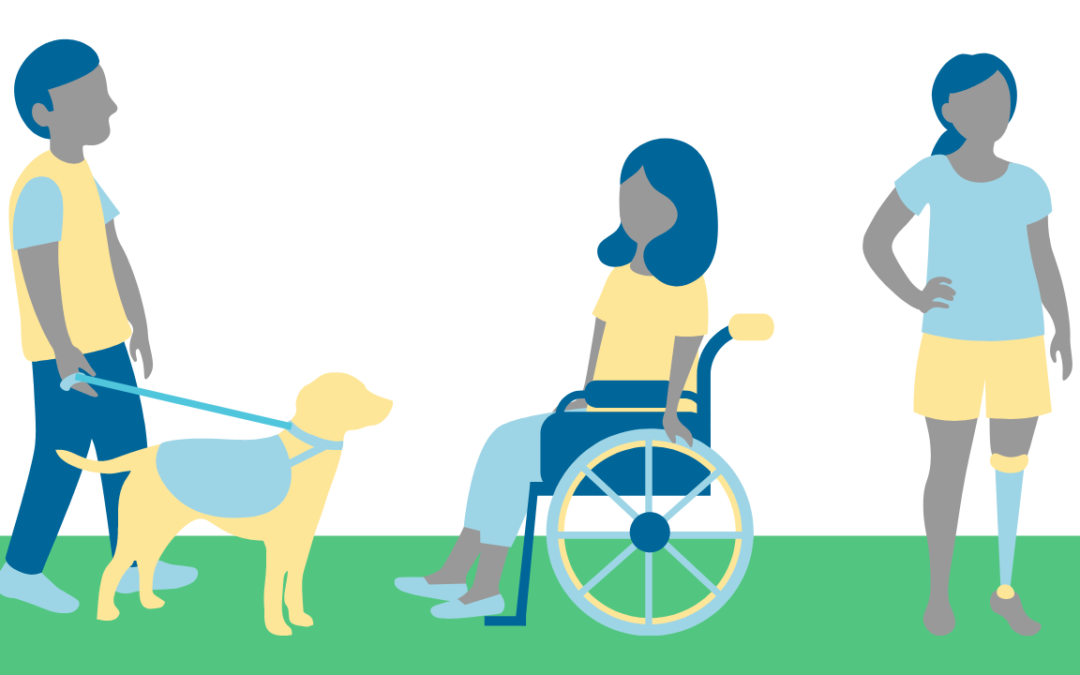The Americans with Disabilities Act (ADA) turns 31 years old today, July 26, 2021. The ADA was a significant piece of legislation governing the treatment of disabled people, and was signed into law by President George Bush after a two-year Congressional battle. The fight for the ADA began long before the official introduction of the legislation in 1988. Civil rights legislation concerning women and African Americans had been law in the United States for decades, but most of these laws didn’t apply to disabled individuals. People that were protected by these laws became some of the greatest allies in the Disability Rights movement.
Disability history is long and sordid. The passage of the ADA represents somewhat of a turning point in that history. The tide began to turn about a decade before the introduction of the ADA. The Rehabilitation Act of 1973 had been introduced and was signed into law. The Rehabilitation Act was originally enacted to help people (primarily wounded veterans) find work in the government. The Act was amended in 1977 after extended protests and advocacy efforts. This effort is seen as significantly aiding the later passage of the ADA.
The ADA has employment discrimination prevention provisions and requires physical access for those with physical disabilities but also takes aim at preventing disability discrimination in all aspects of life. Before the ADA, people could be denied entry or made to leave a place purely based on disability (or perceived status). The ADA explicitly forbids this but it still is a noted issue. Before the ADA, people were openly discriminated against. The largest areas of concern were transportation, independent living, and employment. Transportation was of major concern. Buses and other mass-transit vehicles had no ramps or other accessibility features. Living independently was nearly impossible for some people. Lack of transportation coupled with an employer being able to refuse to hire you purely because you were disabled made having the means to live alone difficult even if you had the physical ability. Barriers at work were prohibitive. Employers were not required to provide any accommodations the burden of making it work fell solely on the disabled person. ADA rules apply to most establishments, public or private.
While the ADA did provide much needed relief, it is not a “cure” for discrimination. Disabled Americans can often provide anyone who asks many examples of discrimination in their daily lives.
I am grateful to belong to an organization that is committed to recognizing and eliminating disability discrimination and shaping leaders that will do the same in their professional lives. The 2020 passage of Omega Phi Alpha’s Accessibility and Accommodations Policy is a wonderful start. This policy requires that any mandatory Omega Phi Alpha event be accessible to all members and that all attendees are able to participate. I hope that Omega Phi Alpha can learn from the ADA and its passage. It’s not necessarily bad to change the “way it was” and listening to members can be a very beneficial thing. I look forward to helping this organization move toward a more inclusive future.
Love in OPhiA,
Nicki Kozub
Accessibility and Accommodations Coordinator
*The timeline in this post is simplified. For more information visit ADA.gov
About the Author

Nicki Kozub
Accessibility & Accommodations Coordinator
accessibility@omegaphialpha.org

